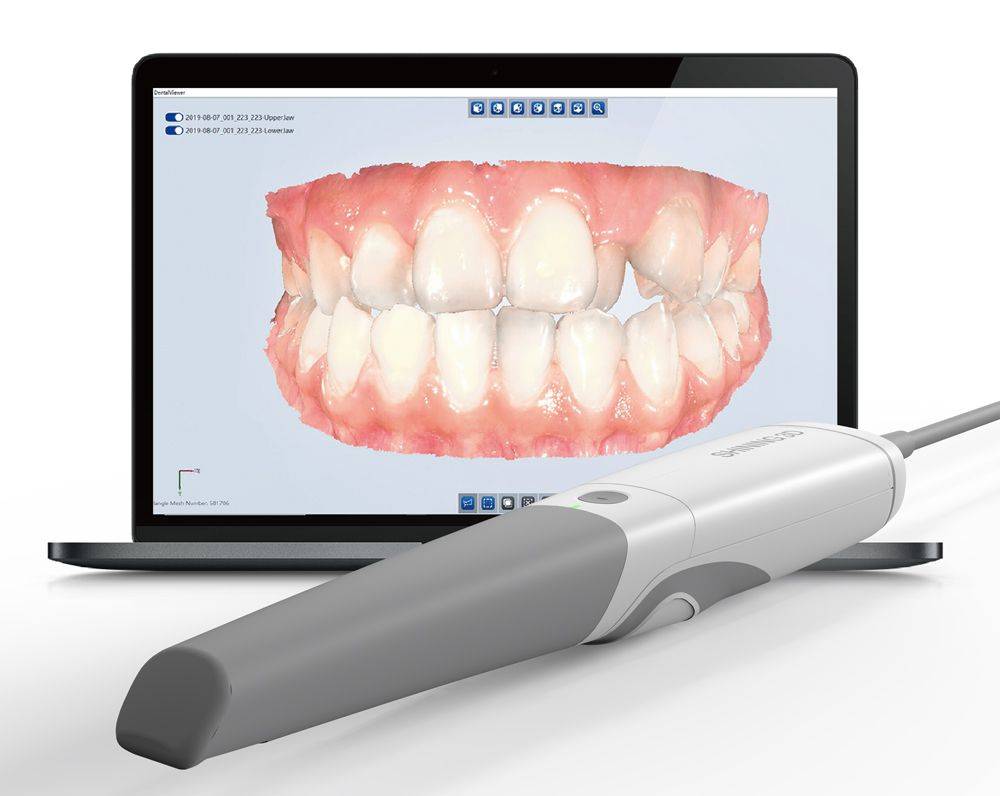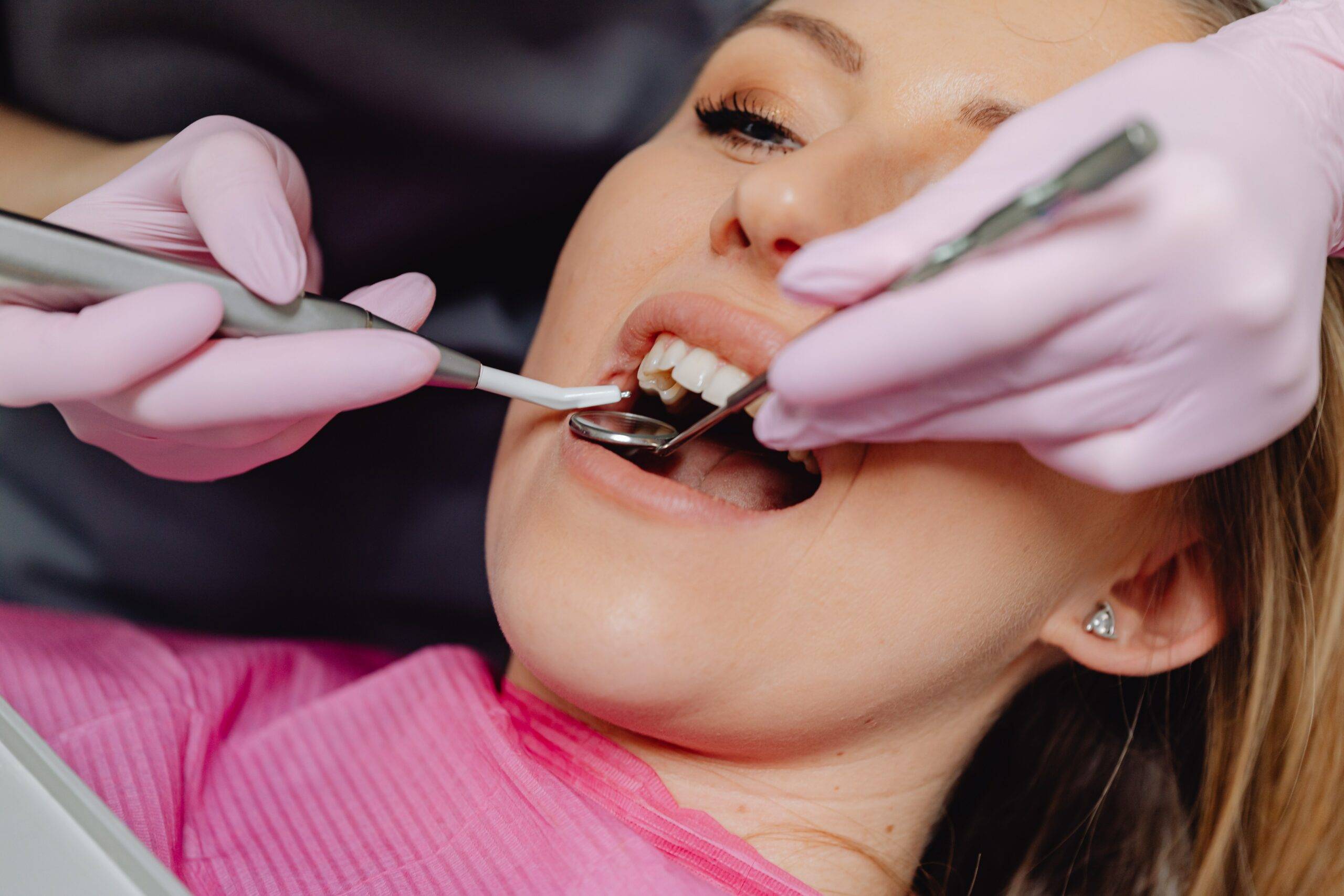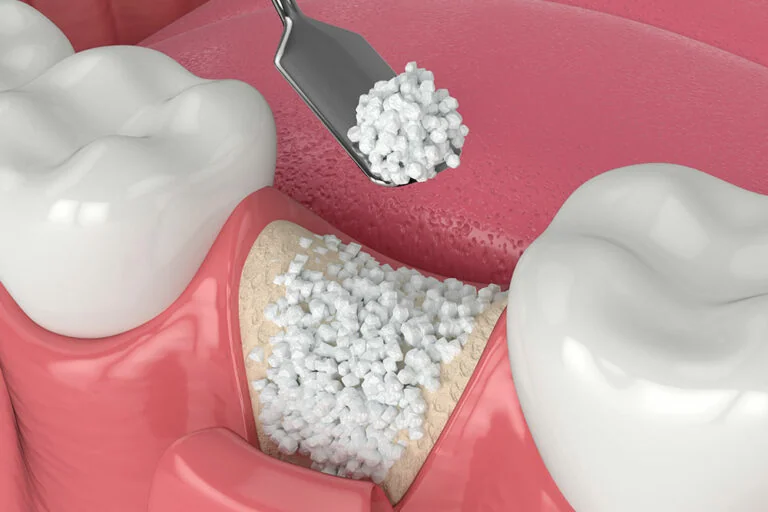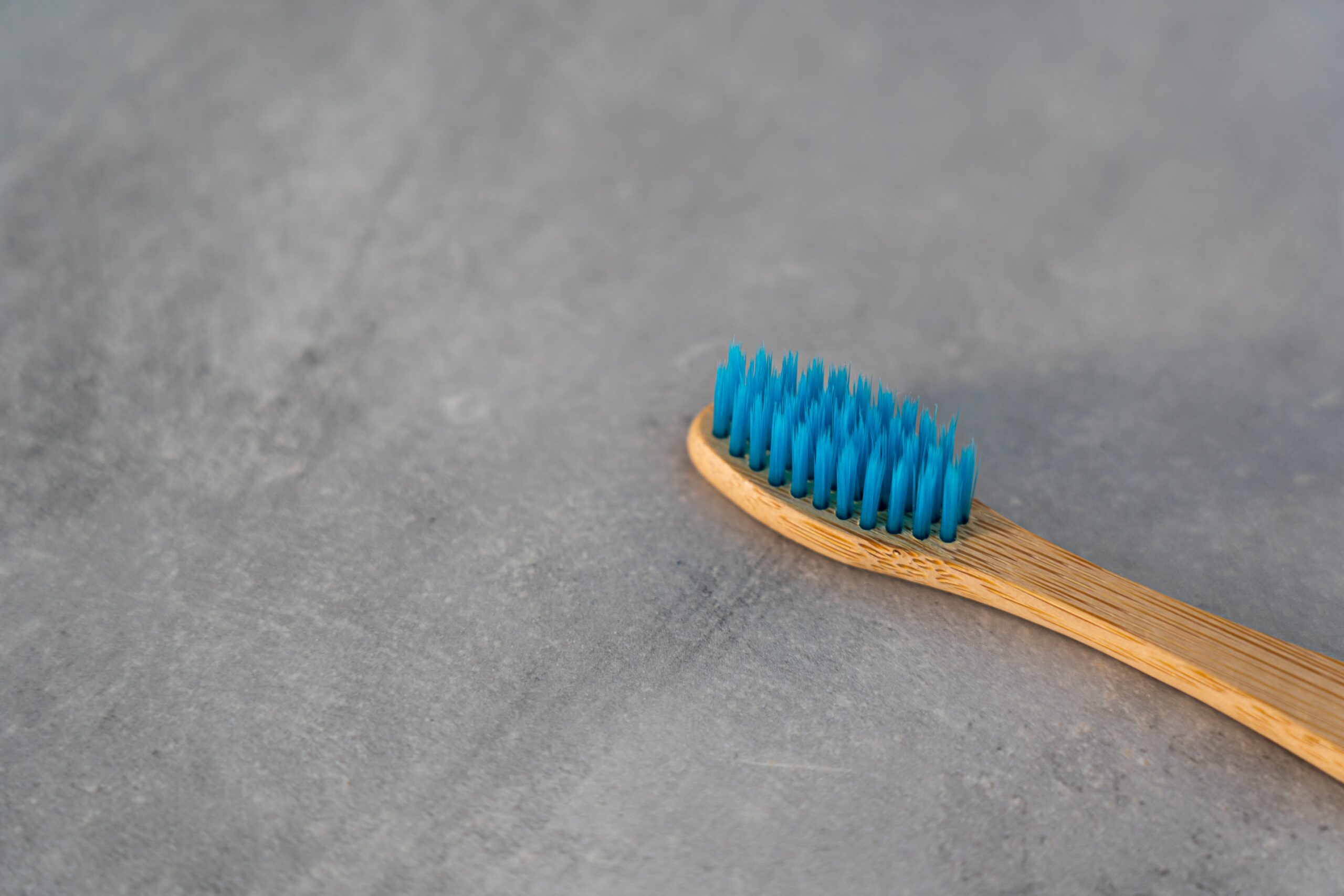Quitting tobacco use is one of the most important things you can do for your oral health. While many people are aware of the general health risks associated with tobacco use, they may not realize the specific effects that it can have on their mouth and teeth.
At Buffalo Creek Dental here in Mustang, OK, we are committed to helping our patients maintain good oral health, and that includes helping them to quit tobacco if they are currently using it. In this blog post, we will explain why quitting tobacco is so important for oral health and provide some tips for those who are looking to quit.
One of the main reasons why quitting tobacco is important for oral health is that it can help to prevent tooth decay and gum disease. According to the American Dental Association (ADA), tobacco use can lead to the development of plaque and tartar on the teeth, which can cause tooth decay and gum disease if not removed. Quitting tobacco can help to reduce the amount of plaque and tartar that builds up on the teeth, reducing the risk of these problems.
In addition to preventing tooth decay and gum disease, quitting tobacco can also help to prevent other oral health problems. For example, the ADA notes that tobacco use can cause bad breath, discoloration of the teeth, and loss of sense of taste and smell. Quitting tobacco can help to improve these problems, as well as help to reduce the risk of oral cancer and other serious health conditions.
The World Health Organization (WHO) reports that tobacco use is a leading cause of oral cancer, and that quitting tobacco can greatly reduce the risk of developing this disease. According to the WHO, tobacco use is responsible for about 70% of oral cancer cases, and the risk of developing oral cancer is significantly higher for smokers and smokeless tobacco users than for non-tobacco users.
In addition to the risks to oral health, tobacco use can also have serious effects on overall health. The Centers for Disease Control and Prevention (CDC) reports that smoking is a leading cause of preventable death in the United States, and that it can increase the risk of developing a wide range of health conditions, including heart disease, stroke, lung cancer, and chronic obstructive pulmonary disease (COPD).
At Buffalo Creek Dental, we know that quitting tobacco can be difficult, but we are here to help. If you are looking to quit, we recommend the following tips:
- Set a quit date: Pick a date in the near future to quit tobacco, and make a plan to stick to it.
- Get support: Talk to your friends, family, and healthcare provider about your plan to quit, and ask for their support. Joining a support group or participating in a quit-smoking program can also be helpful.
- Consider medication: There are several medications available that can help to reduce cravings and make quitting tobacco easier. Talk to your healthcare provider about whether one of these medications might be right for you.
- Find healthy substitutes: Find healthy ways to cope with cravings, such as chewing gum, sucking on hard candy, or going for a walk.
- Stay positive: Quitting tobacco is not easy, but it is possible. Remember that you are taking an important step to improve your health and that the benefits of quitting are well worth the effort.
At Buffalo Creek Dental, we are here to support you on your journey to quit tobacco. If you have any questions or concerns about quitting, we encourage you to contact us to schedule a consultation. Our team would be happy to provide you with personalized advice and support to help you quit tobacco and improve your oral health.





